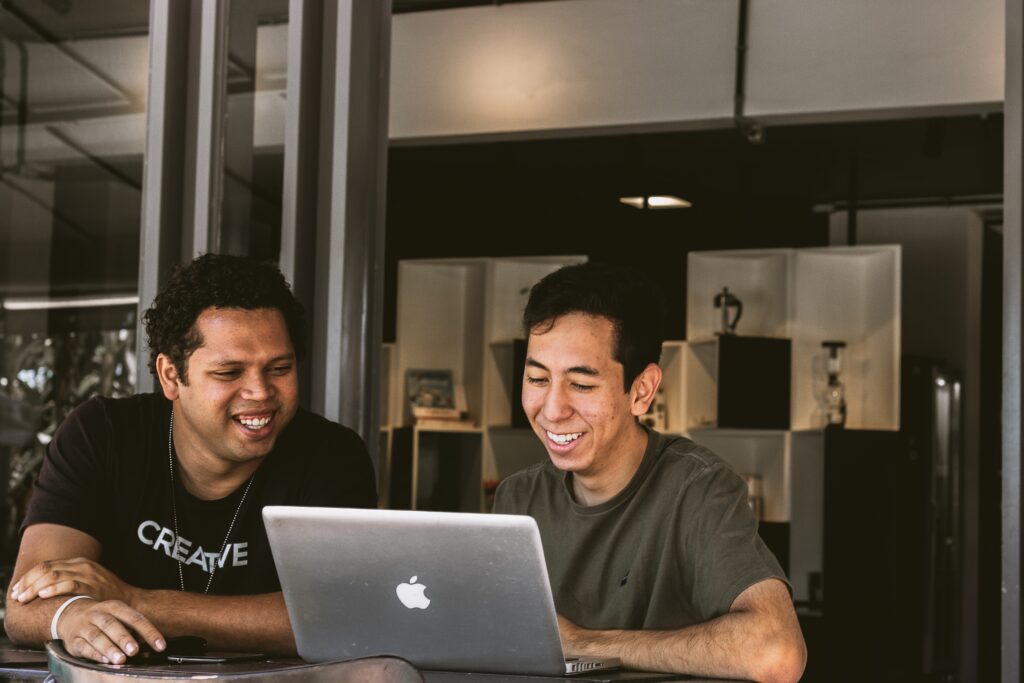
A year ago, two close friends and I founded a small tech startup that builds SMS solutions for businesses. I was in my last year of college and juggling school and work — I studied engineering, so school was tough — but I happily did both. My busy schedule meant that I’d sometimes be unavailable for brainstorming sessions and other startup duties for a week at a stretch, but my partners seemed to understand, so I assumed it was fine.
Then one day, I got a message during a class. It was from one of my partners. He was negotiating an important deal with another company and needed my immediate input. I couldn’t get on the call, so I tried to text under my desk. Unfortunately, my professor considered it disrespectful when students use electronic gadgets during lectures, so, despite my best efforts, I had to put my phone away or risk getting kicked out of class.
That night, I received a text from my friend and business partner with words so sharp they sliced through me. He talked about how everyone else was working hard and pulling their weight, and that no one should be a dead weight— “no one” being me. He referenced what happened earlier in the day, then said that he had to end the conversation with me immediately to avoid saying something “stupid.” It was crushing, we didn’t speak to each other for weeks. He apologized, but the damage had been done. Our friendship is not the same as it once was.
RELATED: Friendship SOS: How to Handle an Argument
His angry words dealt the final blow that changed the friendship, but it didn’t start that day I couldn’t take the call. It had started weeks before. I learned the hard way that small grains of doubt and miscommunication grow to become boulders of conflict.
I also learned that my friendship crumbled not only because of what we did, but also because of what we didn’t do. Since then, I have learned some things that can help buoy friendships in times of trouble. We can maintain friendships if we:
Place the friendship before the mission
My friend and I went into business together because our preexisting relationship meant we could trust each other, but somewhere down the line, the business became more important than our friendship. The pressure to perform was debilitating and caused us to see only each other’s shortcomings.
We forgot that the pressure will pass, that I won’t always have to juggle school and other commitments, that the deal we scrambled to get was just one of many, and that we needed to support each other for the team to work. We forgo,t and we paid the price — we fell out and the deal fell through. If we had placed each other before the deal by first understanding where each person was coming from and applied more compassion (it turns out my friend was under a lot of pressure too), we most likely would have saved at least one of them.
Seek first to understand
When the time came to calculate profit percentages, my friend made it clear that he wanted the biggest slice. Without trying to understand his reasons, I assumed it was a power play. I thought he was trying to create an opportunity for him to push out or outvote anyone at any time and that didn’t sit well with me. I didn’t confront him about it, I just became wary of him. From that point on, self-interest seemed to drive everything he did — but the reality was far from that.
Turns out he deserved the biggest slice because he did the most important work. He built the platform, he reached out to potential clients, and he handled the financials.
If I had spoken to him about my assumptions and tried to understand why he felt he deserved the largest share, he would have explained and we’d have avoided the conflict and hurt feelings.
Communicate effectively
It was hard shuffling between school and my commitment to our business. My friend didn’t know this, because I didn’t communicate the magnitude of pressure I was under. He, unaware of the reality of my situation, expected me to put in as much effort as he did, which I didn’t realize. We never communicated our expectations, and this led to a buildup of negative feelings until it finally came to a head. The entire situation could have been managed better if we talked it out respectfully by sharing our views without pointing fingers.
Resolve underlying issues quickly
I avoided the issue for weeks — enough time for sour feelings to grow. By the time we finally addressed it, the negative feelings and opinions formed had solidified.
We shouldn’t have let it fester. When trash is left too long, it begins to smell. We should have “taken out the trash” as soon as we identified it. We should have started looking to fix our friendship. I’ve learned from my past missteps, and am looking forward to cultivating stronger, long-lasting friendships in the future.